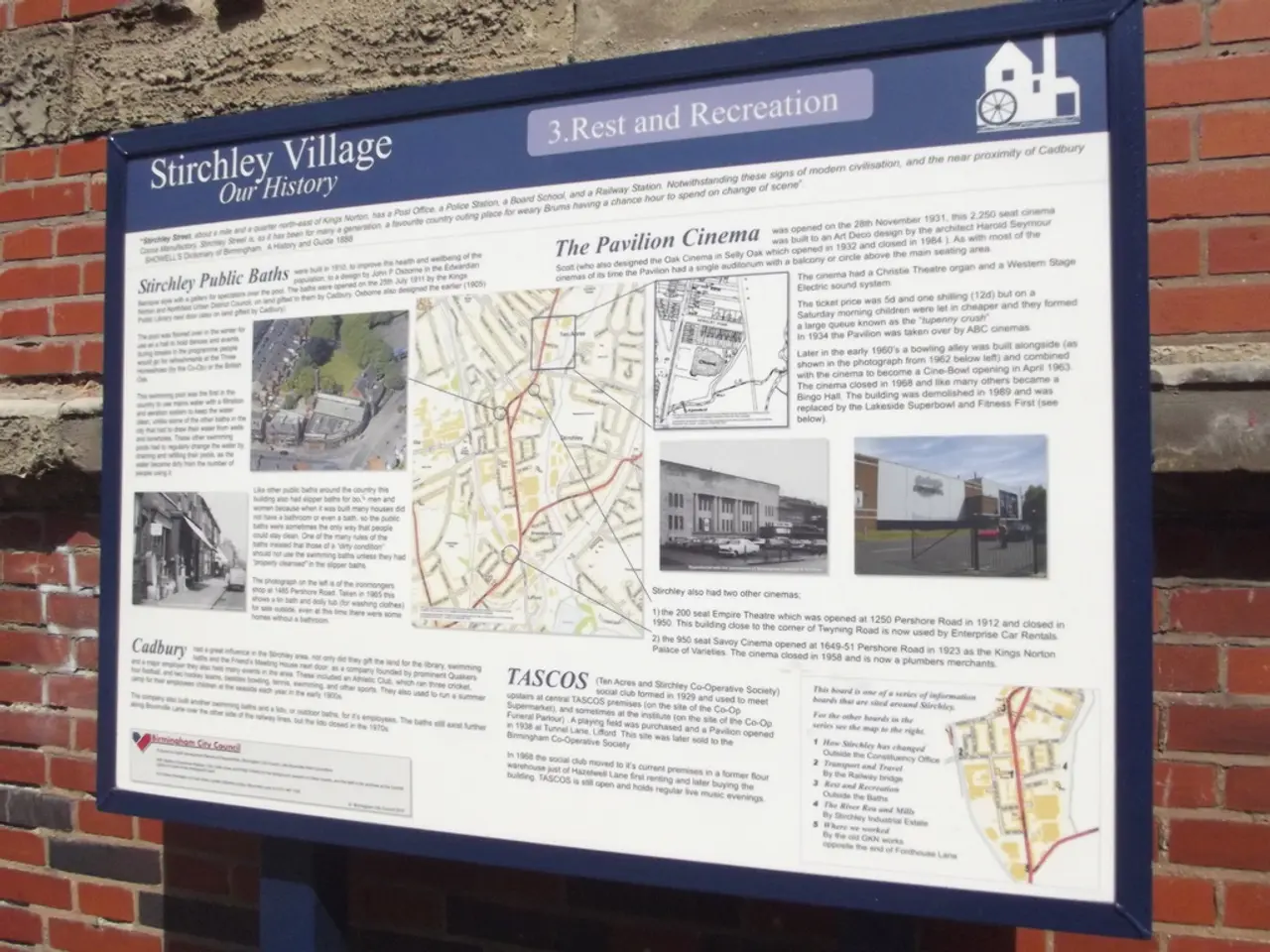Criticism from the U.S. administration over proposed developments in the occupied Palestinian territories in the West Bank
The international community has expressed strong opposition to Israeli settlement construction in the E1 area near East Jerusalem, with many viewing it as a violation of international law and a significant obstacle to peace negotiations.
Under prevailing international law interpretations, the construction of settlements in the West Bank, including the E1 area, is considered illegal. This stance is supported by the United Nations, international human rights bodies, and most of the international community, although some governments, such as the 2019 U.S. Trump administration, have differing positions.
The E1 settlement plan is widely condemned because it would physically separate East Jerusalem from the rest of the West Bank, effectively fragmenting a contiguous Palestinian territory needed for a viable future state. This fragmentation undermines the viability of the two-state solution by dividing Palestinian population centers, restricting Palestinian movement, and potentially displacing Palestinian communities.
The UN and multiple Western governments view the development of the E1 area as a major obstacle to peace negotiations and the realization of a Palestinian state. The European Union and Turkey have also criticized the settlement plans, stating that they exacerbate the already tense situation on the ground and further undermine any possibility of peace.
Israeli settlers have reportedly attacked two villages in the West Bank, leading to injuries in the village of Susya. Attacks by radical settlers on Palestinians in the West Bank are common, and the perpetrators are rarely held accountable.
The Israeli Finance Minister, Bezalel Smotrich, has announced plans to build around 3,400 housing units in the E1 area between East Jerusalem and the Maale Adumim settlement. Smotrich has also threatened to annex the West Bank if a Palestinian state is recognized next month, asserting full Israeli sovereignty in all areas of Judea and Samaria (the West Bank).
The German government has criticized Israel's plans to build thousands of new housing units in the West Bank, stating that settlement construction violates international law and relevant UN Security Council resolutions. The German government has also rejected any annexation plans by the Israeli government.
The EU's criticism of the settlement plans indicates a joint international stance against such actions that are perceived to violate international law and hinder peace efforts. The Turkish Foreign Ministry has also condemned the Israeli approval of the settlement plan for the E1 area.
The development of the E1 area, if carried out, could significantly impact the prospects for a two-state solution to the Israeli-Palestinian conflict. The international community urges Israel to reconsider its settlement plans and work towards a peaceful resolution that respects international law and the rights of both Israelis and Palestinians.
The E1 settlement plan's development, underpinned by the construction of around 3,400 housing units, is widely seen as a violation of international law, with the United Nations and European Union jointly condemning it. This move, threatening to annex the West Bank, is perceived as a major impediment to peace negotiations and the realization of a Palestinian state, further exacerbating the volatile political landscape of war-and-conflicts and general-news in the region.







